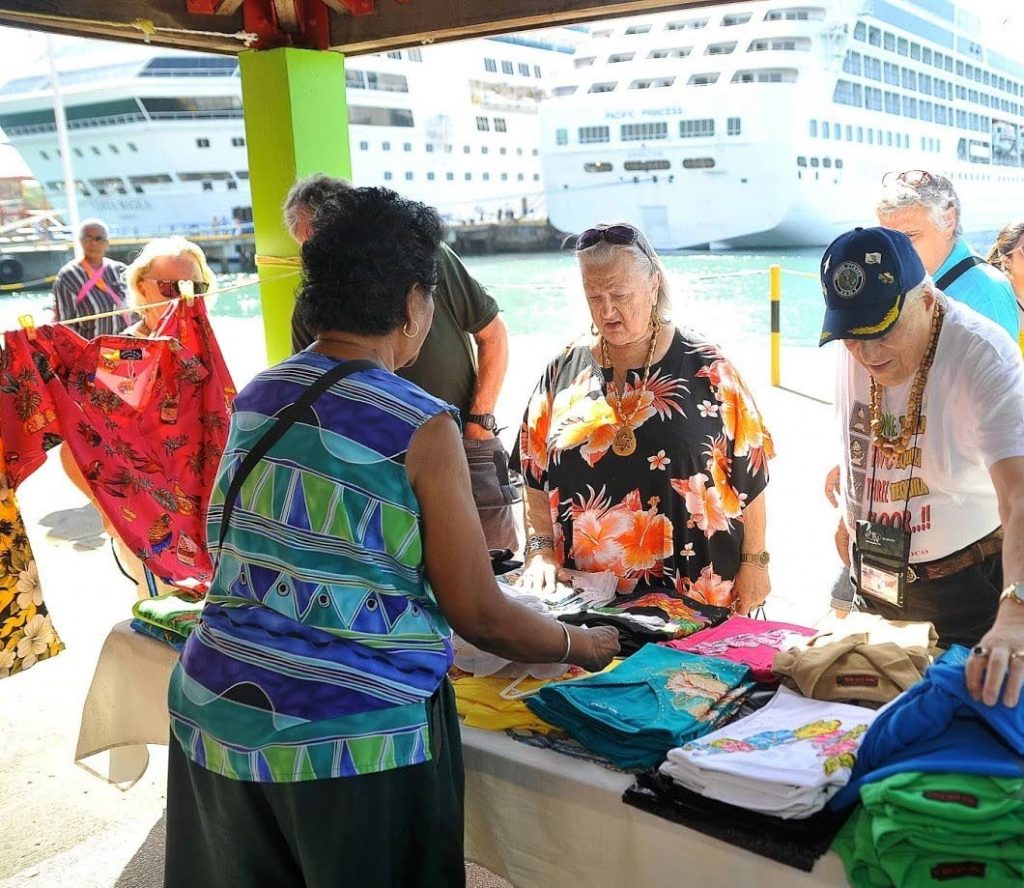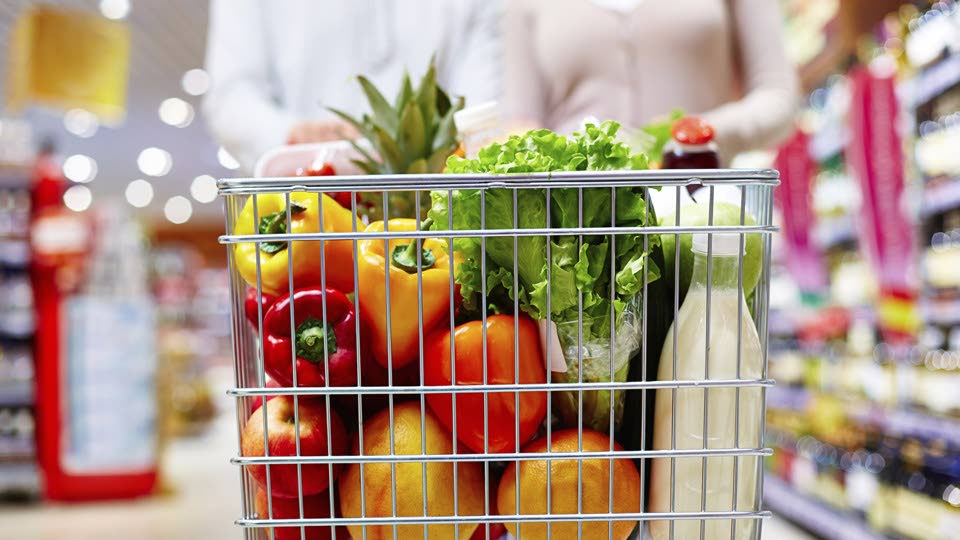Covid19 hits Caribbean economies a hard blow

The negative economic impact to the Caribbean of covid19 is already evident in tourism and related industries, director of economics at the Caribbean Development Bank (CDB) Justin Ram has advised the region.
He was speaking at the vice-chancellor's forum on the coronavirus – Partnering in the Caribbean's Response – at the University of the West Indies (UWI)'s School of Business and Management, Cave Hill, Barbados, on Monday.
"If there is (a greater) impact on the global travel industry, as we've already seen, that's going to have a significant impact here (in the Caribbean)," said Ram.
The forum featured UWI's covid19 task force, led by its chair and UWI pro-vice chancellor Clive Lewis, along with a panel of stakeholders from the tourism, disaster preparedness, health and banking sectors. The UWI task force was launched to help mobilise public health providers.
"Don't forget that we're already in a tough place," Ram said, alluding to a recently reported dip in GDP growth for the region, below the global average.
Trying economic times for the region, he stressed, began before the virus made its way to the western hemisphere.

And while some developed countries have responded to the spread of covid19 by implementing monetary policies, he said such policies can only have a limited impact.
"Because you can reduce my interest rates by a half per cent, but if I have to stay at home (because of quarantine), that is not going to encourage me to go (out and spend), and that's not going to bring back the supply chain that could be fractured at this point in time," Ram said.
Although there have been responses from the monetary authorities across the globe, stock markets have not shaken off the negative perception, with significant declines in stock prices. On Monday, global stocks fell to the lowest point since the Great Recession in 2008/2009 as the market reeled from the combined impact of covid19 and a price war between Russia and Saudi Arabia over oil production that caused a collapse in oil and gas prices in the biggest crash since the Gulf War.
The region is already vulnerable, Ram said, because of high public debt, high unemployment among young people, low fertility rates and a "demographic time bomb," with population projections up to the year 2100 suggesting significant regional population declines.
He said the shock of covid19 is unusual as it affects demand and supply and will likely see a considerable impact on productivity.
"This means the active labour force is likely to go into decline in some countries across the globe, because many people have to stay at home. So, there's likely to be this fall in demand."

Tourism employs roughly 2.4 million people in the region and contributes significantly to the GDP of states and territories. Several have already begun to feel the fallout from the virus' arrival in at least three islands as well as neighbouring mainland countries. On Tuesday, Jamaica was the first English-speaking Caribbean nation to confirm a coronavirus case.
He said there is a particular service-based economy within the region – one which he opted not to name, to avoid panic there – that is expected to face a ten per cent decline in tourism receipts, as well as a similar decline in the related sectors of retail, wholesale and transportation, which, combined, make up about 50 per cent of the country's GDP.
The baseline projected growth for that country for 2020 was two per cent.
"That's actually now going to be negative," said Ram.
"In addition to that, the primary balance to say the money that the governments are spending against what it is earning and less interest payments, for example – while that was going to be positive, in excess of three per cent of GDP, that is probably now going to be down maybe about two per cent," Ram noted.
"But the overall balance of government's accounts, while it was always going to be negative, (it) is now going to be much more significantly impacted."
There are also indirect impacts. He gave the example of the agriculture industry in some countries, which feeds their tourism industry. There is also the matter of decreased demand for transport and other services associated with tourism.
In the case of TT, which is not dependent on tourism but commodities, the plunge in the price of oil will undoubtedly have an adverse impact on the economy.
With respect to the worrying dip in oil prices to US$31 on Monday, Ram said, "I think the markets are reacting now, not only because of market fundamentals, but because it's become political. As we know, there is a major stand-off between some of the major oil producers."
Because of the drop in oil prices, he said, people are seeking a haven to invest their money.
"Normally, the US treasury is the safest place to go, but that means the price of treasuries and government securities in the US are likely to rise, and as you would know, there is an inverse relationship between the price of securities and the yield.
"And so the yields are actually at (lower) levels now than they have ever been before because there is such a huge demand for those securities.
He said containment and contingencies were among the most crucial elements of the covid19 and other outbreaks in the region.
Barbados and other Caricom countries source much of their food from countries directly affected by covid19, especially the US.
"Do we have contingencies in place to allow us to get our food from other source markets? And how quickly can those contingencies be put in place?" he asked.


Comments
"Covid19 hits Caribbean economies a hard blow"